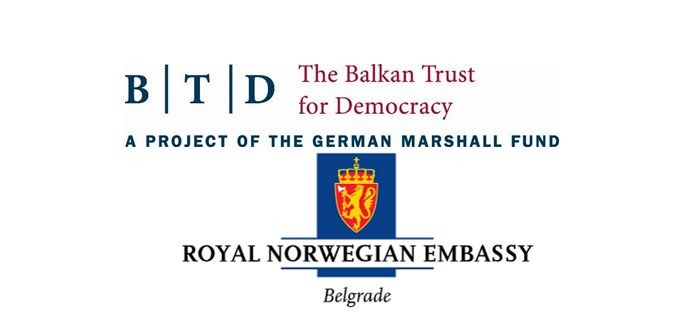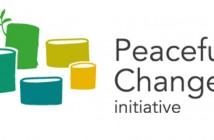Project title: “Civil Monitoring for a Stronger Judiciary: Phase 2”
Project duration: March 2020 – December 2020
Donor: Balkan Trust for Democracy (BTD)
Project value: EUR 49,000.00
Facing a number of challenges in the field of human rights and the judiciary, Serbia continues to make great efforts to advance judicial reform, especially those outlined in the Action Plan for Chapter 23, necessary to improve the rule of law. As Chapters 23 and 35 are key chapters and an unavoidable condition for final progress in all aspects, Yucom, with the support of the Balkan Trust for Democracy, is implementing the second phase of the Civic Monitoring for a Stronger Judiciary project. Monitoring the implementation of activities related to the judiciary in these chapters will measure the effects on access to justice of the citizens of Serbia and Kosovo, with the aim of presenting the collected data to the public and all relevant actors.
In line with the situation and state of emergency that befell Serbia from March to May 2020, project activities will focus on recording restrictions on human rights and freedoms caused by government measures in response to the SARS-CoV-2 pandemic COVID 19. The Yucom team will prepare a series of infographics showing important information regarding the restriction of these rights during the state of emergency. Based on the information gathered, the team will prepare an analysis of the constitutionality of individual measures, including the effects of holding trials via the Skype application.
At a later stage of the project, Yucom will continue to monitor the effects of the Brussels Agreement on Justice with a focus on the burden on some other courts in the Republic of Serbia due to the transfer of cases from Kosovska Mitrovica. Through field research and document analysis, Yucom will work to increase the transparency of the process related to the integration of the judiciary in Kosovo, as part of the negotiating Chapter 35.
This process will result in the necessary synergies between the Government and civil society organizations, which will inevitably lead to greater implementation and realization of activities during the negotiation process.





